24th – 26th September 2025, Norwegian University of Life Sciences
Please follow the link bellow and register in order to access the livestream:
https://www.nmbu.no/evu/nordev25-solidarity-social-justice-and-sustainability


Norsk Forening for Utviklingsforskning / Norwegian Association For Development Research
24th – 26th September 2025, Norwegian University of Life Sciences
Please follow the link bellow and register in order to access the livestream:
https://www.nmbu.no/evu/nordev25-solidarity-social-justice-and-sustainability


Follow the link bellow for more information:
https://www.eadi.org/eadi-events/general-conference/eadi/iob-2026-shaping-sustainable-futures-global-challenges-glocal-solutions/eadi/iob-2026-call-for-papers#
Registration deadlines and costs
Get ready! Early bird registration for panel conveners, presenters, and participants is now open — and you won’t want to miss it. Secure your spot before May 15th to enjoy discounted rates. After that, regular fees will apply.
Please note:
Early Bird Rates (until May 15th):
Stay tuned for more updates on the conference website, including the exciting program overview with panels, keynotes, and more!
We can’t wait to welcome you to Ås in September for NorDev25!
Uma Kathari (Confirmed Keynote Speaker)
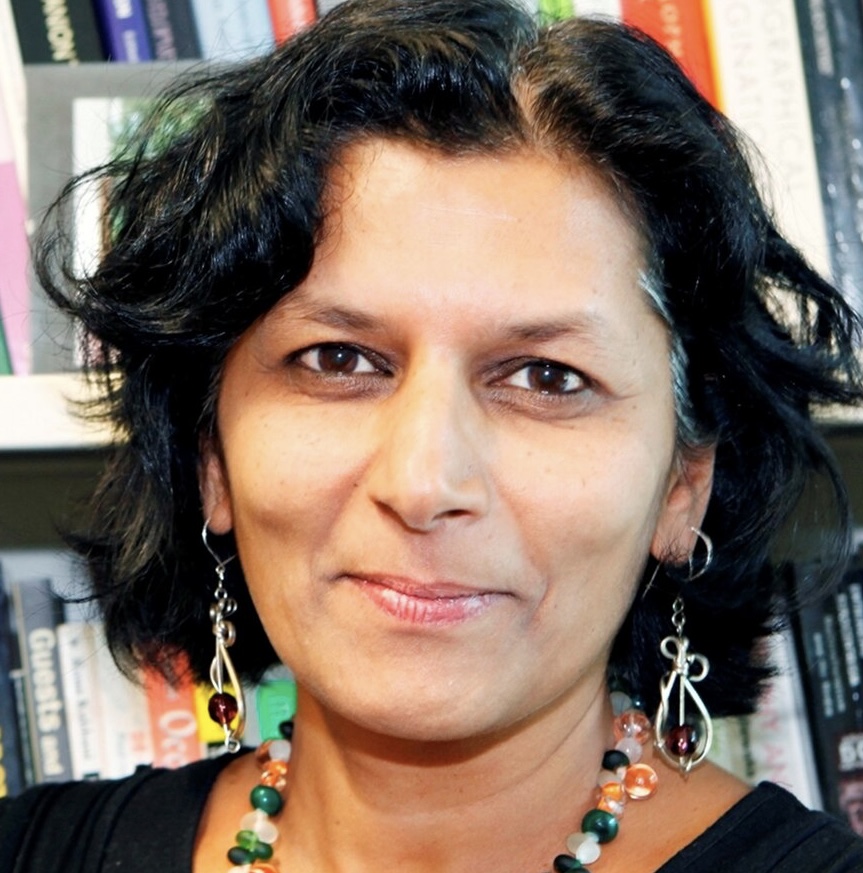
Uma Kothari is Professor of Migration and Postcolonial Studies at the Global Development Institute, University of Manchester. Her research interests include colonial legacies and decoloniality; postcolonial travel; island geographies and the power of stories. Her most
recent book, Critical Global Development, was published in 2023. She is currently a Leverhulme Major Research Fellow on the project ‘Touring Britain in the 1950s: the adventures of postcolonial travellers’.
Olle Törnquist (Confirmed Keynote speaker/panelist)
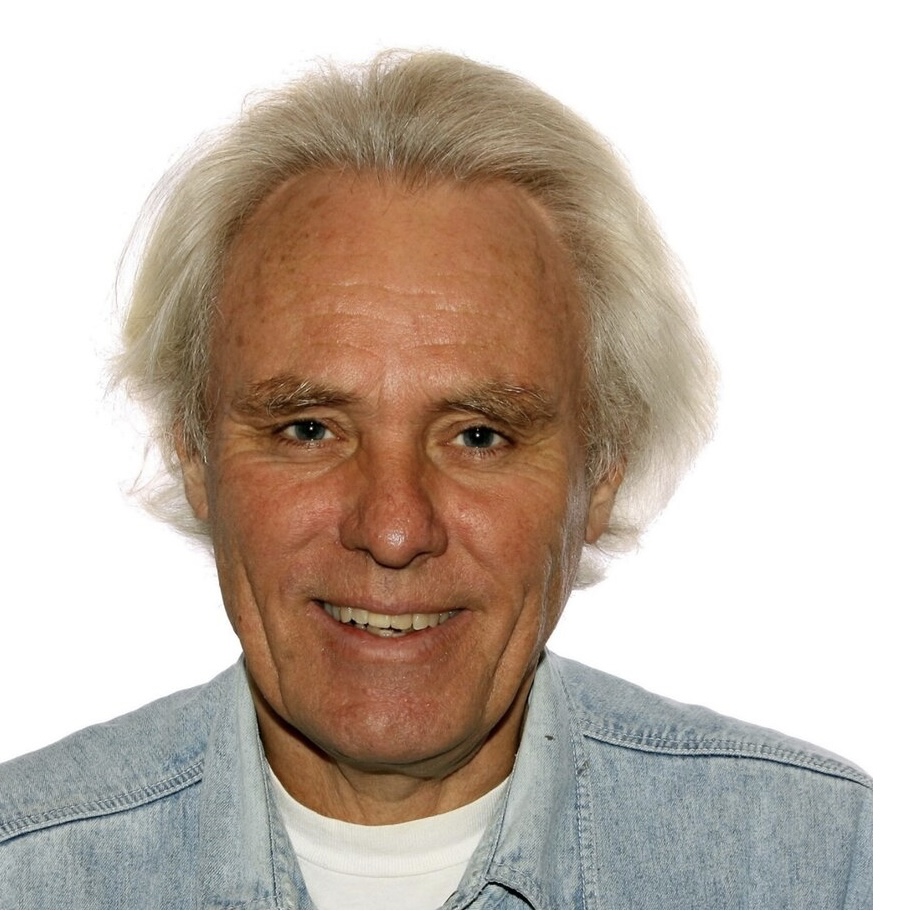
Olle Törnquist is a Swedish global historian and Professor Emeritus of Politics and Development at the University of Oslo, Norway; earlier at Uppsala University. He has written widely on radical politics, development and democratisation. His main empirical focus since the 1970s has been Indonesia, India and the Philippines, with Scandinavia and South Africa and Brazil as reference cases. The results were recently summarised in In Search of New Social Democracy: Insights from the South – Implications for the North (Zed-Bloomsbury).
Andrea Ordóñez Llanos (Confirmed Keynote speaker/panelist)
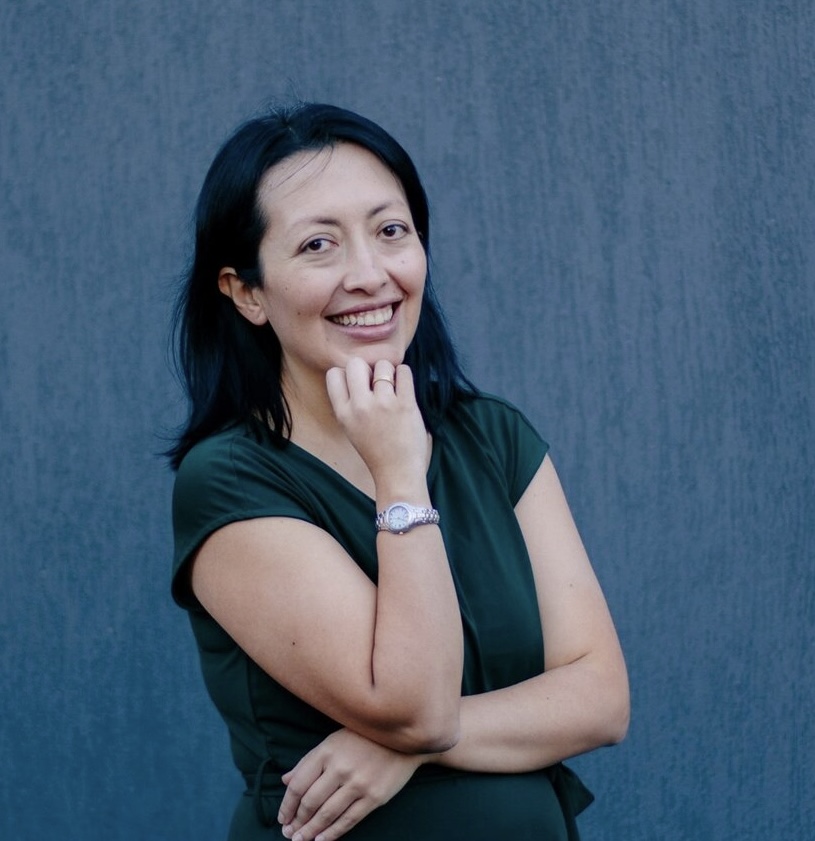
Andrea Ordóñez Llanos co-founded Southern Voice, a network of over seventy think tanks from Africa, Latin America & the Caribbean, and Asia leveraging southern evidence and analysis to promote fair global development debates. An economist by training, Andrea was previously Research Director at Grupo FARO, a think tank in Ecuador. She aims to ensure that new voices and ideas from the Global South are heard across regions to advance some of the most complex problems of our time. Her research interests are social
policy, public finance, development financing, and international cooperation. She is a member of FCDO’s International Development Expert Group, the International Scientific Advisory Board of the German Institute of Development and Sustainability (IDOS), and a Publish What You Fund board member.
Vivian Price (Researcher and Filmmaker)
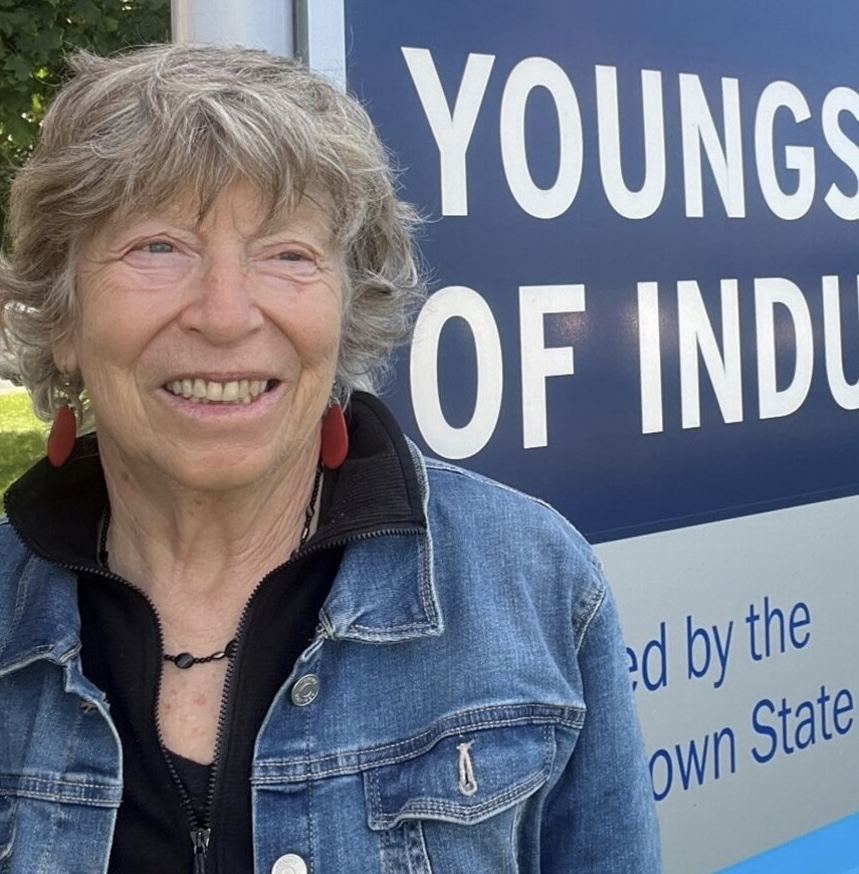
Vivian Price, PhD, Professor at California State University, Dominguez Hills & former union electrician, is a researcher and filmmaker for US and international projects on labor and climate justice. She was a Fulbright scholar at the University of Liverpool, a Fulbright specialist in Norway, working with the WAGE team at the University of Oslo on the perspective of oil workers on climate change, where she directed several video projects including Talking Union, Talking Climate. Price is a member of the Climate Industry Research Team for the Canadian Building Trades Union project on climate literacy in the construction industry. She is directing short films as part of “Transition: action, concepts, debates and strategies – an international comparison,” a study based in the Leeds School of Business and is a visiting scholar at the University of Eastern Finland working on a film on workers and environmentalists in the context of Finnish forest climate sink, as well as
serving on the research team for the Critical Minerals Just Transition Listening Project (Sloan Foundation).
We would like to kindly invite you to the SAIH Conference 2025 with the theme ‘Universities as Sites of Resistance and Social Justice’. In collaboration with the University of Oslo, this conference will take place on Thursday 24 April at Georg Sverdrups hus Aud 1.
This conference aims to create a vital space for dialogue, strategy, and collaboration among students, academics, civil society, and decision-makers at the intersection of academia and activism in Norway and beyond. We will examine the role of academia in defending democratic values, fostering international solidarity and shaping a more just and equitable future.
Amongst others, we will hear from the Paulo Freire Distinguished Scholar in Critical Pedagogy, Henry A. Giroux, the UN Special Rapporteur on the right to education, Farida Shaheed, and Professor of Sociology at Wits University, Johannesburg, Srila Roy. More information on the program and speakers can be found on our website.

In order to be considered for inclusion in the program, please indicate clearly the number and title of the panel that you wish to contribute to.
We are also aiming to accommodate a limited number of panels for paper submissions that do not fit under the themes of the open panels listed below. If your paper does not fit with in a pre-identified panel, please label your submission with “Undefined Panel”.
The list for Open Panels can be found by clicking the link bellow:

We are calling for paper abstracts to the Open Panel Sessions listed below. Submissions of abstracts of no more than 250 words can be sent to conference-nordev25@nmbu.no.
Deadline: Friday, April 4th.

In order to be considered for inclusion in the program, please indicate clearly the number and title of the panel that you wish to contribute to.
We are also aiming to accommodate a limited number of panels for paper submissions that do not fit under the themes of the open panels listed below. If your paper does not fit withing a pre-identified panel, please label your submission with “Undefined Panel”.
List of Open Panels inviting abstract submissions
Growing inequalities, geopolitical instabilities, political polarization, new and protracted conflicts, anti-democratic and nationalistic tendencies and environmental and social injustices linked to unsustainable development trajectories and the “green transition” within and beyond the Nordic countries and Europe threaten to undermine academic and civic freedoms, human rights and development gains and efforts worldwide. The need for collaborative efforts, and critical thinking on “the global development project” and the root causes and solutions to the interlinked sustainability challenges of our times has never been greater. Yet while Nordic universities and development research environments have traditionally played a key role in championing global perspectives, and pursuing collaborative, internationally oriented research and teaching approaches, these activities are under increasing threat. Reforms in academic funding models (leading inter alia to the introduction of study fees for international students in Norway last year), changing geopolitical realities, and new and changing development assistance priorities and modalities are undermining the “global classroom” and weakening possibilities for international collaboration and solidarity. There is an urgent need in this changing context for enhanced Nordic cooperation and rethinking of the roles, responsibilities and possibilities for Nordic development research environments to foster and support inclusive and just transitions to sustainability both at home and abroad. The role of Nordic universities in contributing to inclusive and safe spaces for cross-cultural dialogue and fostering academic-civic solidarity and long-term institution building and reconstruction in the context of increasing geopolitical instabilities, war and protracted conflicts are also important and urgent topics.
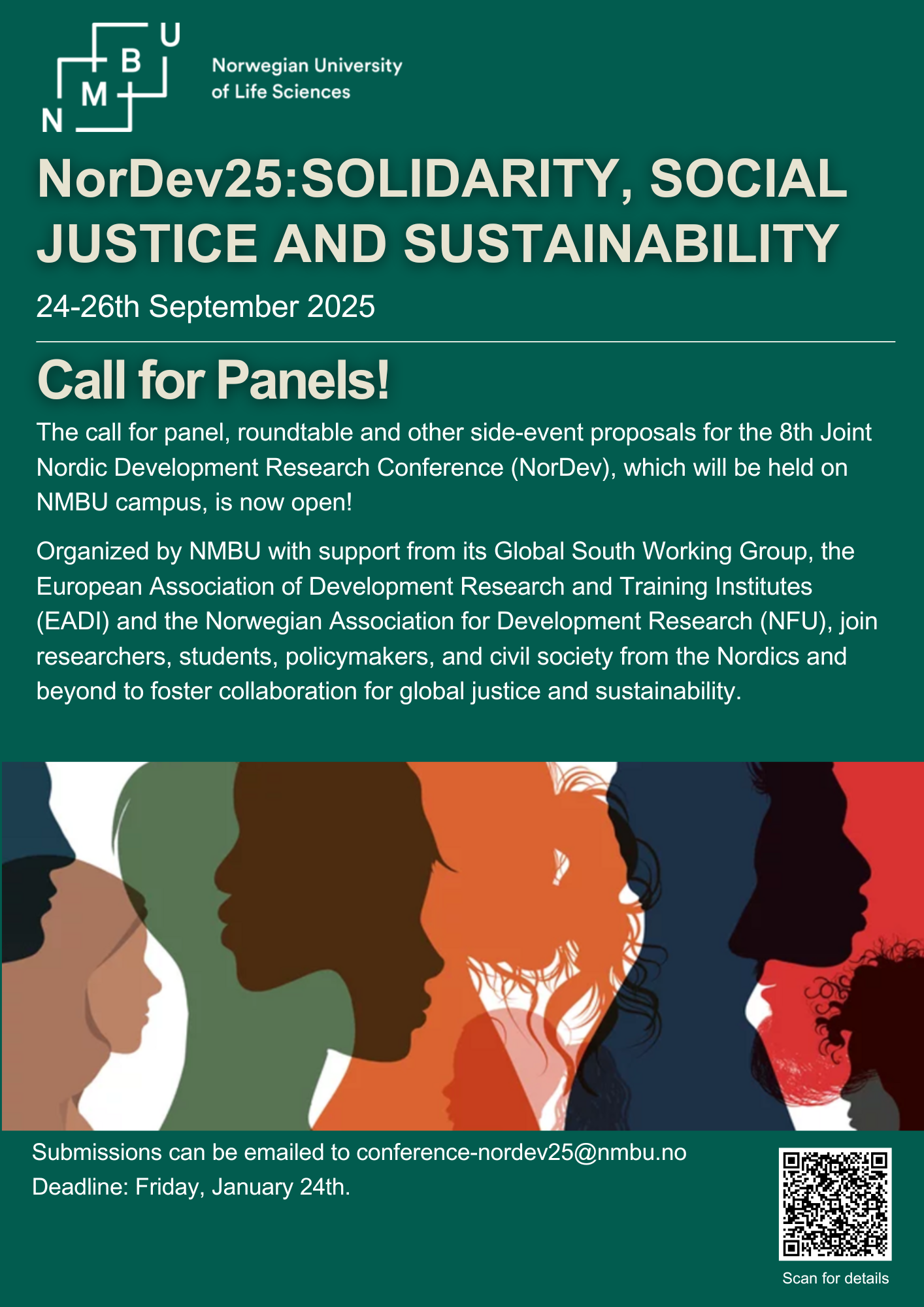
🌍 Join the conversation on Solidarity, Social Justice, and Sustainability! 🌱✨
Our upcoming conference embraces inclusivity and broad perspectives on these critical themes. 🎤 Call for Panels, Workshops, & Side Events opens early December and closes January 24th—perfect timing to showcase your ideas!
Encourage PhDs, young scholars, and colleagues to start brainstorming submissions now. Let’s shape an inspiring and impactful program together!
💡 Learn more on our website https://www.nmbu.no/evu/nordev25-solidarity-social-justice-and-sustainability-be-held-nmbu-24-26th-september-2025.
